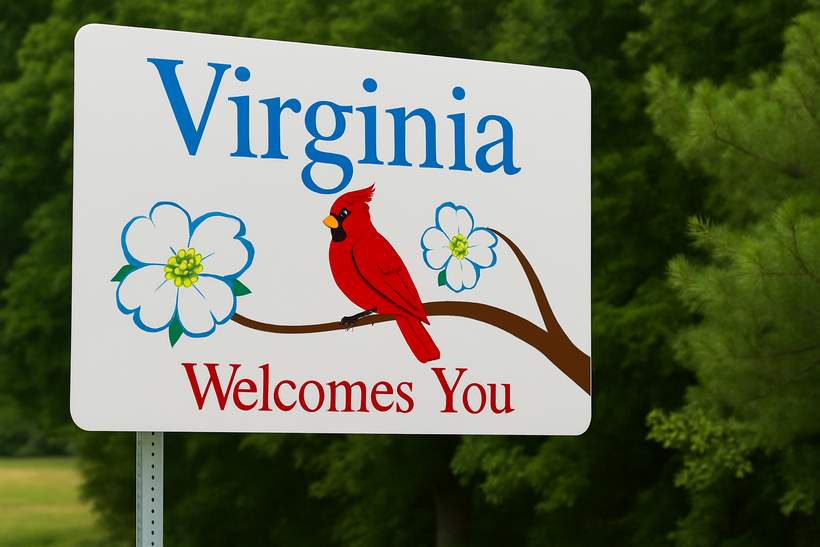Virginia iGaming Legislation Faces Delays as Discussions Persist

Virginia Lawmakers Delay iGaming Legalization Bills
Earlier this year, Virginia legislators paused efforts to legalize internet gaming (iGaming) within the state. Despite this setback, conversations continue as industry supporters prepare to make significant investments in the upcoming legislative elections to advance the cause.
The Potential Economic Impact of iGaming in Virginia
In December 2024, Senator Mamie Locke introduced Senate Bill 827, aimed at regulating online casinos. However, in January, she requested postponement to allow further study of the industry’s implications. Although the bill remains inactive, the Joint Subcommittee to Study the Feasibility of Establishing the Virginia Gaming Commission has been actively examining the possibilities. This subcommittee, created in 2023, is charged with considering the creation of a dedicated state gambling regulatory body.
The subcommittee met in August to discuss the possible legalization of iGaming, a market with potential revenues in the billions. Under the proposed bill, the Virginia Lottery Board would have the authority to grant online casino licenses. Applicants would be required to pay a $1 million license application fee and a 15% tax on their revenue. Each of the state’s five licensed casinos would be eligible to apply for up to three online gaming platforms, or “skins.” Since legalizing sports betting in 2020, the state has seen sportsbooks accept $24.7 billion in wagers and generate $2.4 billion in revenue since their January 2021 debut.
According to recent reports by Virginia Public Radio, creating a new gaming regulatory agency is expected to be a legislative priority in 2026. Lawmakers believe such an agency must be established before any expansion of gambling offerings, including iGaming.
Opposition to iGaming Expansion in Virginia
The Virginia Lottery has voiced concerns about expanding gambling options, indicating that the agency is already stretched thin with the oversight of five casinos at different development phases. Additionally, Cordish Companies, which operates a casino in Virginia, is one of the strongest opponents of online casino expansions nationwide. They are a key member of the National Association Against iGaming, an organization formed this year alongside Churchill Downs Inc to resist internet gambling growth.
In a subcommittee hearing in August, David Rebuck, the former director of the New Jersey Division of Gaming Enforcement, addressed fears that legalizing online casinos would harm existing land-based casinos. Drawing on New Jersey’s experience, he reassured lawmakers that such concerns did not materialize. Rebuck noted that initial worries about job losses and negative effects on ancillary industries proved unfounded, emphasizing that iGaming complemented traditional casino operations and supported their continued growth.